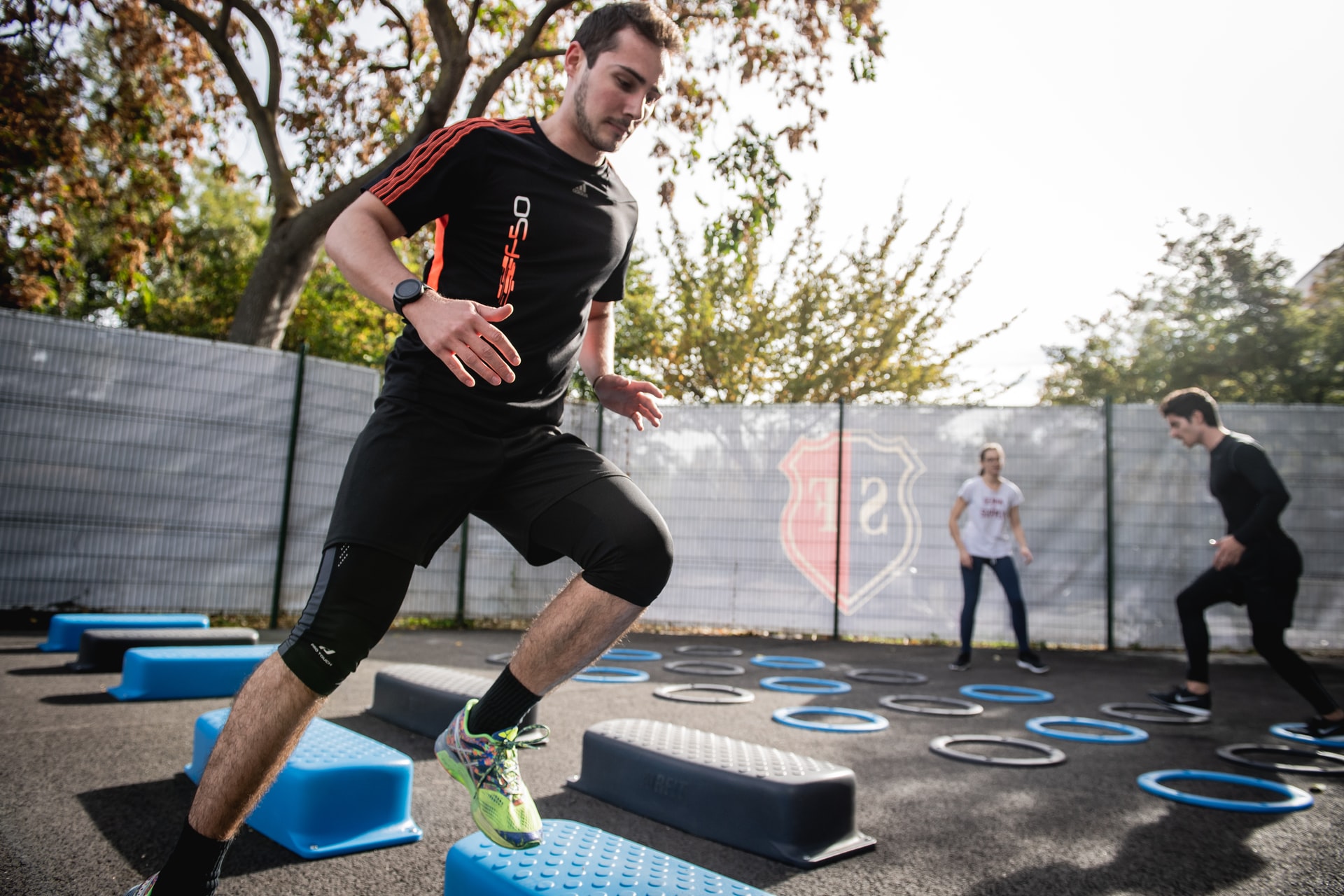Imagine going to sleep and having someone jab you 30 to 80 times an hour, every hour, until your alarm goes off. How rested would you feel in the morning? That’s how one patient describes what it feels like to suffer from sleep apnea.
Sleep apnea interrupts breathing sometimes hundreds of times a night. The condition affects more than 18 million Americans, according to the National Sleep Foundation. If left untreated, it can lead to poor health and even death through its effects on high blood pressure, heart disease, stroke, and motor vehicle accidents.
“If you’re consistently robbing the brain of oxygen, health issues will manifest,” said Adam Amdur, chief patient officer with the American Sleep Apnea Association. “Eighty percent of patients [with sleep apnea] are already in the healthcare system with other conditions.”
One successful treatment for sleep apnea is the use of a continuous positive airway pressure (CPAP) machine, which streams air through the nose to keep breathing passages open. However, adapting to the machine can be a challenge. Approximately half of all patients prescribed CPAP therapy will abandon it, according to the American Sleep Apnea Association.
“It’s not like taking a pill,” says researcher Sairam Parthasarathy, MD, who is leading a study with sleep apnea patients, supported by funding from the Patient-Centered Outcomes Research Institute (PCORI). “Patients must get used to a mask that blows air into their nose all night long— not the most comfortable thing.” Proper fitting and adjustment are essential, and users need guidance through any difficulties that may arise.
Parthasarathy and colleagues from the University of Arizona designed a program that pairs newly diagnosed patients with mentors known as “peer-buddies,” experienced patients who can share their success stories, enthusiasm, and practical tips.
Their study is measuring whether and how the peer-buddy system influences use of CPAP therapy. Amdur, a patient and stakeholder for the study, is a proponent of the process. “Patients can get intimidated with a doctor in a little room. They may realize later that they have additional questions, and they can’t always just email or snapchat with their doctor.”
Within the first three months of the study, patients receive two in-person visits from their peer-buddies for hands-on help in getting to use the CPAP machine regularly and eight follow-up phone calls. In the next three months, another eight phone calls could provide additional education, aid, and counseling as necessary.
One of the things that makes the stakeholder-driven research project unique is that researchers are constantly considering and often implementing input from patients, healthcare providers and others.
“Patients have made a lot of suggestions that we’ve used,” Parthasarathy says. Among them: a planner to help patients track their mentor and care-provider appointments and a list of voice-response- system options and codes to contact various team members that is laminated and attached to the CPAP machine. This kind of adaptability is indicative of the patient-centered approach to research that is central to PCORI-funded work.
After six months, Parthasarathy and his colleagues will determine whether their program has made an important difference in patient satisfaction and self-confidence, CPAP machine use, and other parameters, like vigilance and quality of life that would indicate better, more restorative sleep.
While improving sleep apnea care is the immediate goal, according to Parthasarathy, such a peer-mentoring/care coordination program might also help people deal with treatments for other chronic diseases, such as diabetes, heart failure, and HIV.



